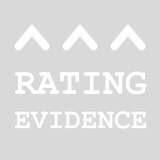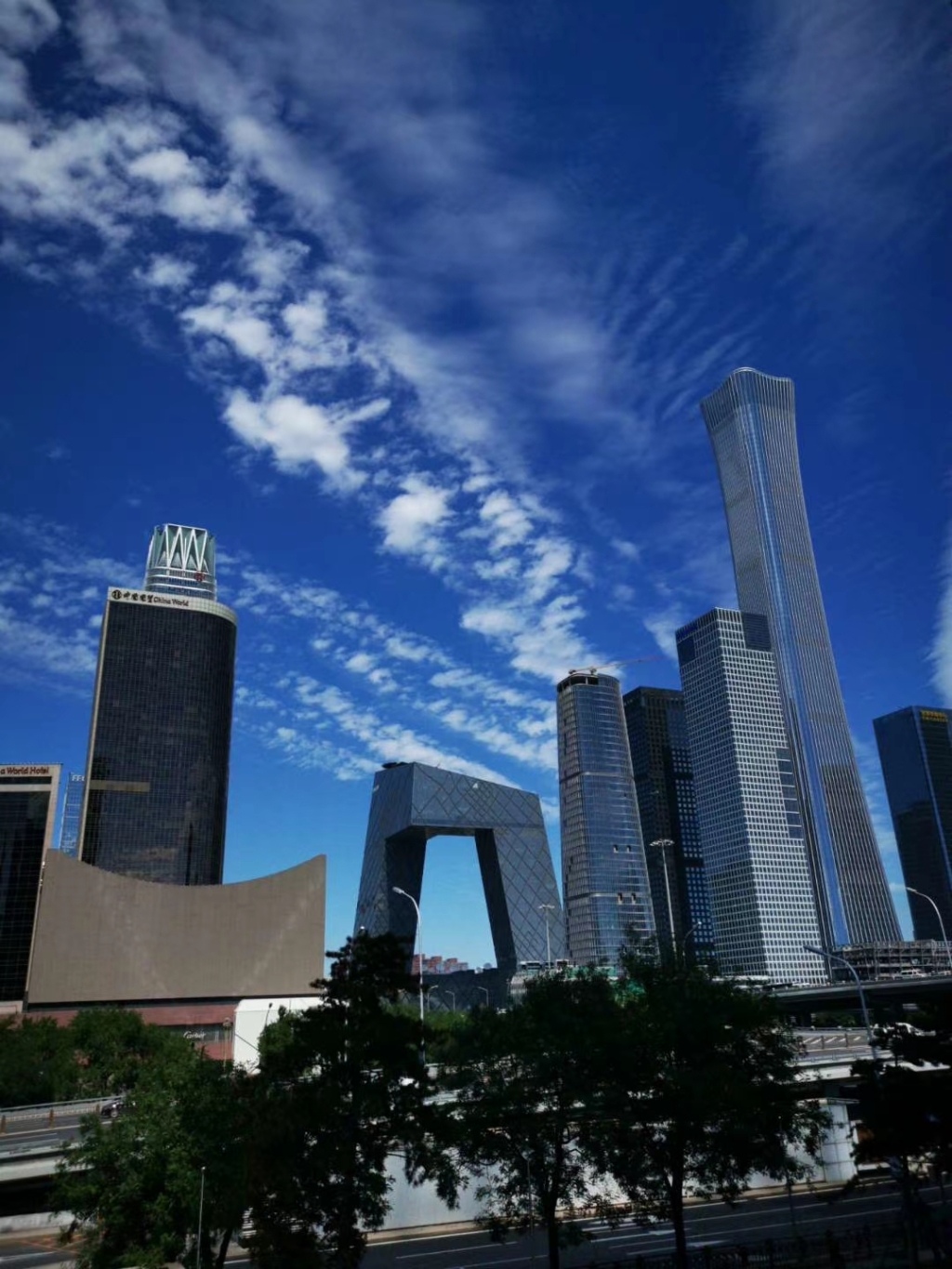The corona pandemic is far from over. This is especially true if you do not look at it from a purely medical point of view, but also from the perspective of the social and economic consequences. The virus divides the opinions of experts: on the one hand those who warn of the dangers of the virus and are concerned that not enough is being done to combat the spread of the virus, on the other hand those who warn of excessive measures and see the many implications that are not medical but societal, social and economic.
Most people cannot call themselves experts on any of the questions raised. The majority are not medical professionals, sociologists, economists or whatever expertise is still needed to assess the various consequences of both the virus and the measures taken. Those who cannot judge for themselves have to rely on the judgment of others. That requires trust. It is particularly about trusting the decisions of others – politicians, doctors, entrepreneurs and many others who are responsible for their fellow human beings.
The operators of social media are increasingly aware of their responsibility. For example, LinkedIn presents a paper entitled “Trust in a Time of Uncertainty“. It addresses the partnership between companies and their customers and business partners. “Trust is of the utmost importance in uncertain times,” argue the social media experts at LinkedIn.
The Edelman Trust Barometer 2020 shows that despite a strong global economy and also at times of full employment, none of the four social institutions – government, companies, non-governmental organizations (NGOs) and the media – are trusted anymore. The cause of this paradox lies in people’s fears of the future and their role in it. This is a wake-up call for these institutions to find new ways to effectively build trust: to reconcile competence with ethical behavior. Social credit ratings could play a role here. Edelman is based on 34,000 surveys in 28 markets worldwide.
In most countries, confidence was fueled by economic growth. This continues in Asia and the Middle East, but not in developed markets, where income inequality is the more important factor influencing confidence levels today. The majority of respondents here do not believe they will be better off in five years’ time, and more than half of those surveyed around the world believe that capitalism in its current form is doing more harm than good to the world.
Inequality is no longer seen as a gratifying result of freedom, but as a malfunction of capitalism. In this way, no longer state interventions and privileges, but capitalism are made responsible. The injustice of state intervention is neither recognized nor understood. The privileges based on state coercion force competitors out of the market who do not have access to those who know how to privilege certain organizations and companies through regulation and create competitive advantages. In practice, only large or highly profitable companies can afford to actively influence legislation.
Capitalism only thrives on the basis of free decisions by as many people as possible. The freedom to decide about one’s own work results and to weigh between consumption and investment leads to the optimal allocation of resources in capitalism. Edelman shows how far the population in developed countries is now from an elementary understanding of the connection between freedom and capitalism.
According to Edelman, the result is a world of two different trust realities. The informed public – wealthier, educated, and frequent consumers of news – trust any institution far more than the general public. In most markets, less than half of the masses trust their institutions to do the right thing.
In the 2020 Edelman Trust Barometer, the Trust Index is an average of the percent trust in NGOs, corporations, government and the media. NGOs, companies, government and the media enjoy the greatest trust in the world among the people of the People’s Republic of China. In the overall population of China, trust increased in 2020 compared to the previous year (from 79% to 82%). The opposite is true in countries such as the USA (from 49% to 47%) or the United Kingdom (from 43% to 42%).
These results can no longer be explained solely with restrictions on the freedom of the press and freedom of expression in the People’s Republic of China. Because of the large population, many Chinese families have a wide network of contacts around the world. The Chinese are among the people who love to travel. The economic rise allows millions of Chinese to travel to all countries in the world. In Germany, too, travel opportunities for the Chinese were not restricted by the Chinese government, but rather by a restrictive German visa policy. The level of knowledge of educated Chinese about the conditions in Germany is much better than that of Germans in China. China’s leading position in terms of popular trust in government, businesses and organizations therefore requires further research.
Trust is one dimension of a company’s reputation. This reputation has been systematically measured in many pilot projects in China since 2014 and combined in ratings. After initial mistakes, the corona crisis brought the Chinese leadership, among other things. therefore faster under control, as it relied on help from companies and organizations that have good ratings. The crisis is not only about financial stability, but also about the trustworthiness of socially responsible behavior. Therefore, social credit ratings were used to select well-reputed companies. More on this and on many other aspects of social credit ratings in the Springer-Verlag book.



















